“It was all done in about 15 to 20 minutes”: superbrain Adrian Emsley reveals his thinking behind the Orange O Bass design
We catch up with the engineering wizard as Orange unveils the latest version of their acclaimed four-string
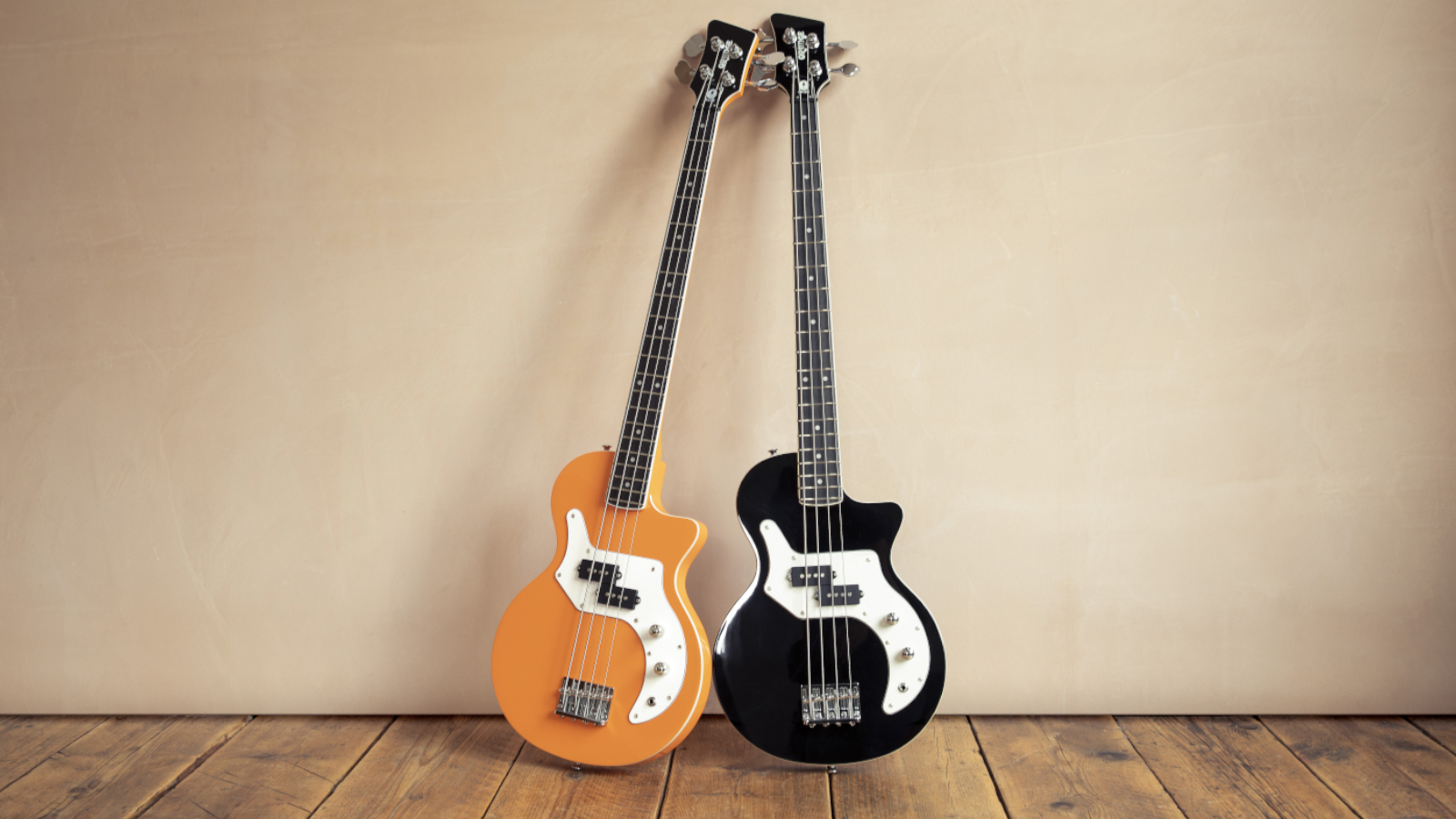
Want all the hottest music and gear news, reviews, deals, features and more, direct to your inbox? Sign up here.
You are now subscribed
Your newsletter sign-up was successful
Adrian Emsley is known as the brains behind many of Orange’s most revered guitar amp and effects pedal designs.
But he is also a dab hand at designing electric guitars.
While Orange’s six-string solidbodies are hand-built to order in the U.K., the historic firm also has its own brand of basses.
Made in China, these instruments are a great option for anyone who might be on the lookout for a P-Bass – a P-Bass with a good twist of Orange, that is.
We spoke to Emsley as the firm unveils their new and improved O Basses…
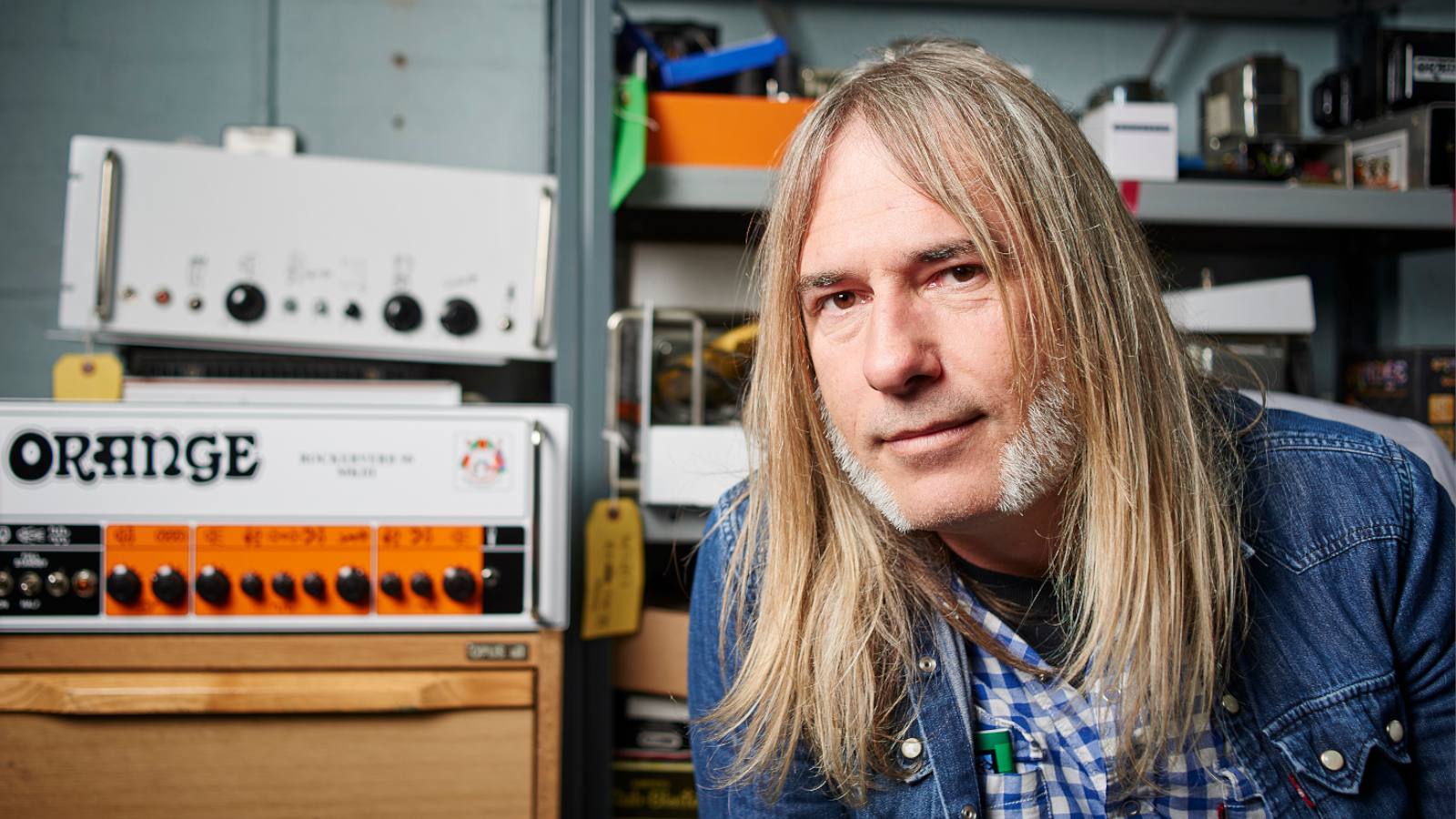
How did the Orange O Bass design come about?
I just drew the shape out. It was all done in about 15 to 20 minutes. The scratchplate is inspired by the shape of [the Imola] Formula 1 racing circuit. It also kind of looks like a seahorse.
Want all the hottest music and gear news, reviews, deals, features and more, direct to your inbox? Sign up here.
It’s like a P-Bass in disguise, really. A lot of producers like P-Basses; they want you to rock up with one, and if you don't, they often want you to play theirs. The P-Bass is really an industry standard.
The scratchplate is inspired by the shape of [the Imola] Formula 1 racing circuit
Adrian Emsley
The offset headstock profile looks great.
At first, we had a headstock that looked like a Chinese Epiphone. And I didn’t like it. I said, "Anyone can make that – let’s try a bit harder and come up with a new headstock shape."
I thought the offset shape looked way better. It balances the whole look of the guitar out. The truss rod cover follows the headstock shape.
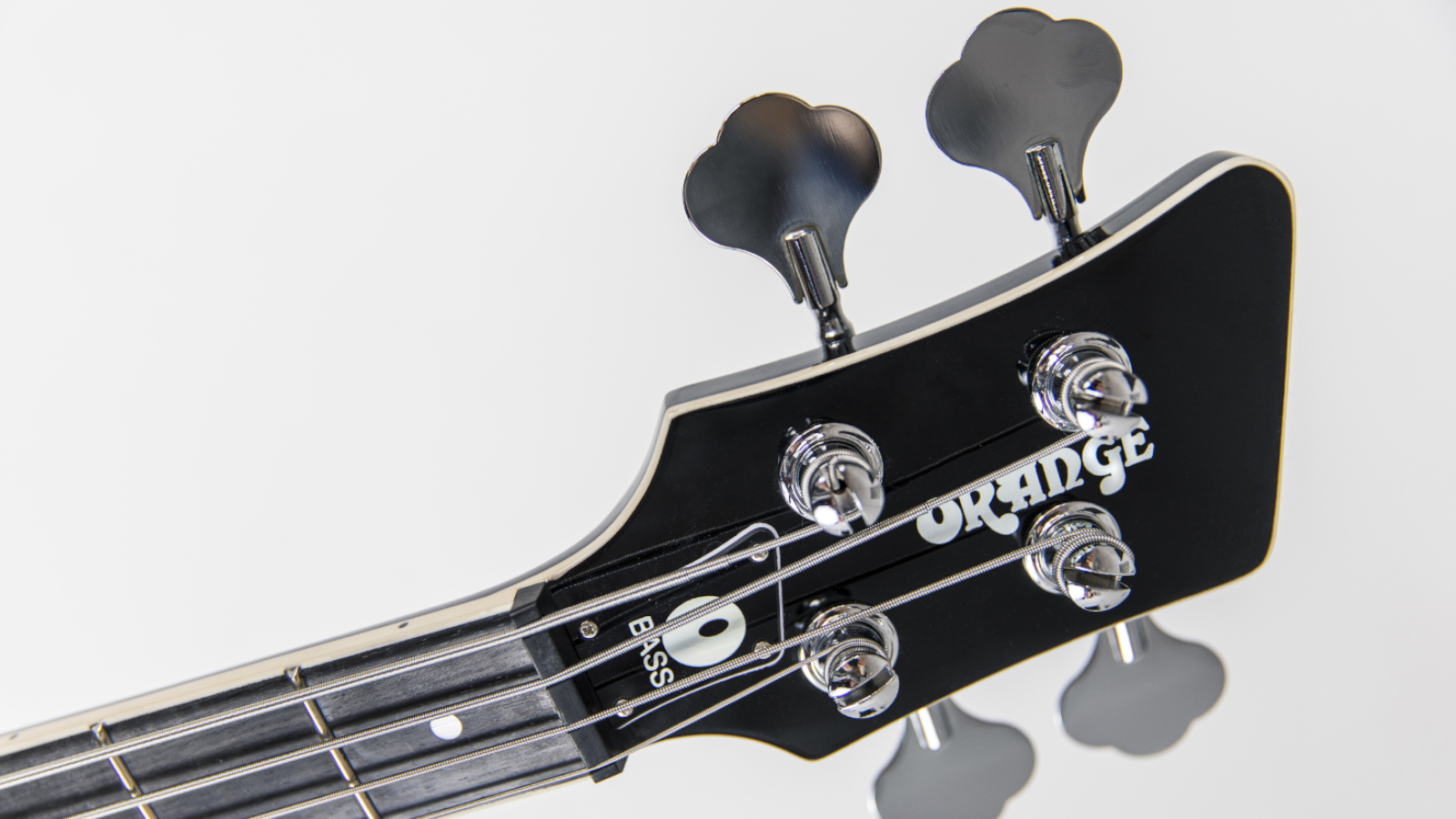
Tell us about the pickup.
The pickup is like a P-Bass humbucker; the [prototype] had a clone of a late ‘60s P-Bass pickup. It’s waxed so that you can use a lot of gain without it kicking off. And I think it’s wound with Formvar wire.
What’s unique about it?
The pickup is positioned 8mm forwards [toward the neck] compared to what it would be on a regular P-Bass.
The pickup is positioned 8mm forwards... It’s in a harmonically richer place
Adrian Emsley
Years ago, a mate of mine in L.A. did that with a P-Bass – he modded it with a new scratchplate and everything. He kept telling me how good it was, but I didn’t believe him at first.
But when I played it in a rehearsal studio, I realised straight away what a difference it makes. It’s in a harmonically richer place.
What’s going on with the electronics?
There’s nothing funky going on there at all; it’s a straight-down-the-line passive circuit. Just regular 500K pots.
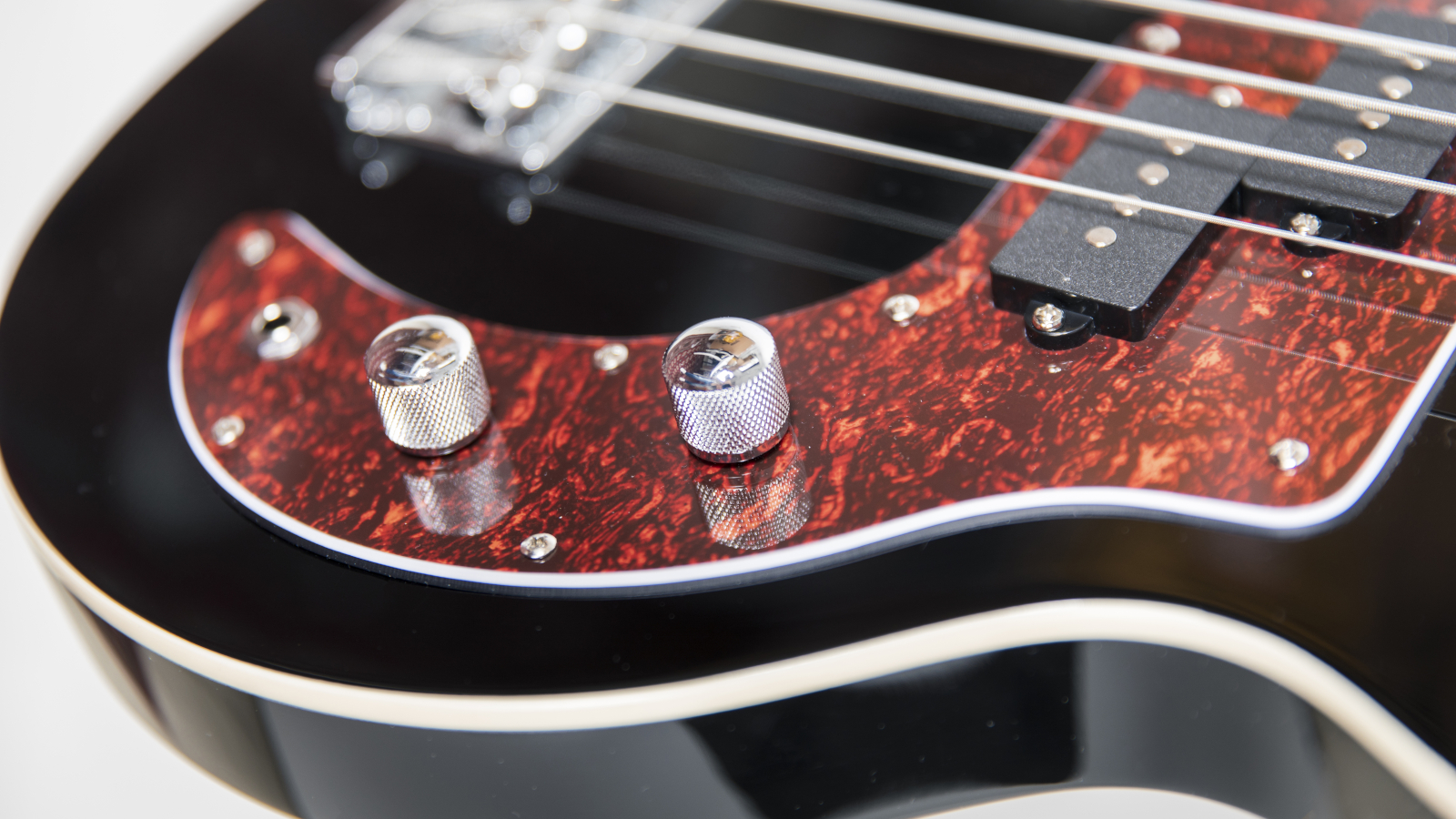
So, what’s different about the new Orange O Basses?
These new ones are made in a different factory. There are a lot of big-name guitars coming out of there at the moment.
The body is made from African okoumé and the neck is maple. The scale is exactly the same as a P-Bass [34 inches]. Both the black and the orange finish O Basses have [top] body binding.
We updated the fretboard wood to purpleheart, which is similar to ebony
Adrian Emsley
Also, the headstocks and the necks are bound on these new ones, and they've been improved with a double-action truss rod.
We updated the fretboard wood to purpleheart, which is similar to ebony.
The first ones used rosewood, then we changed it to ebony because of CITES. But the factory was really struggling to get ebony, so we went to purpleheart.
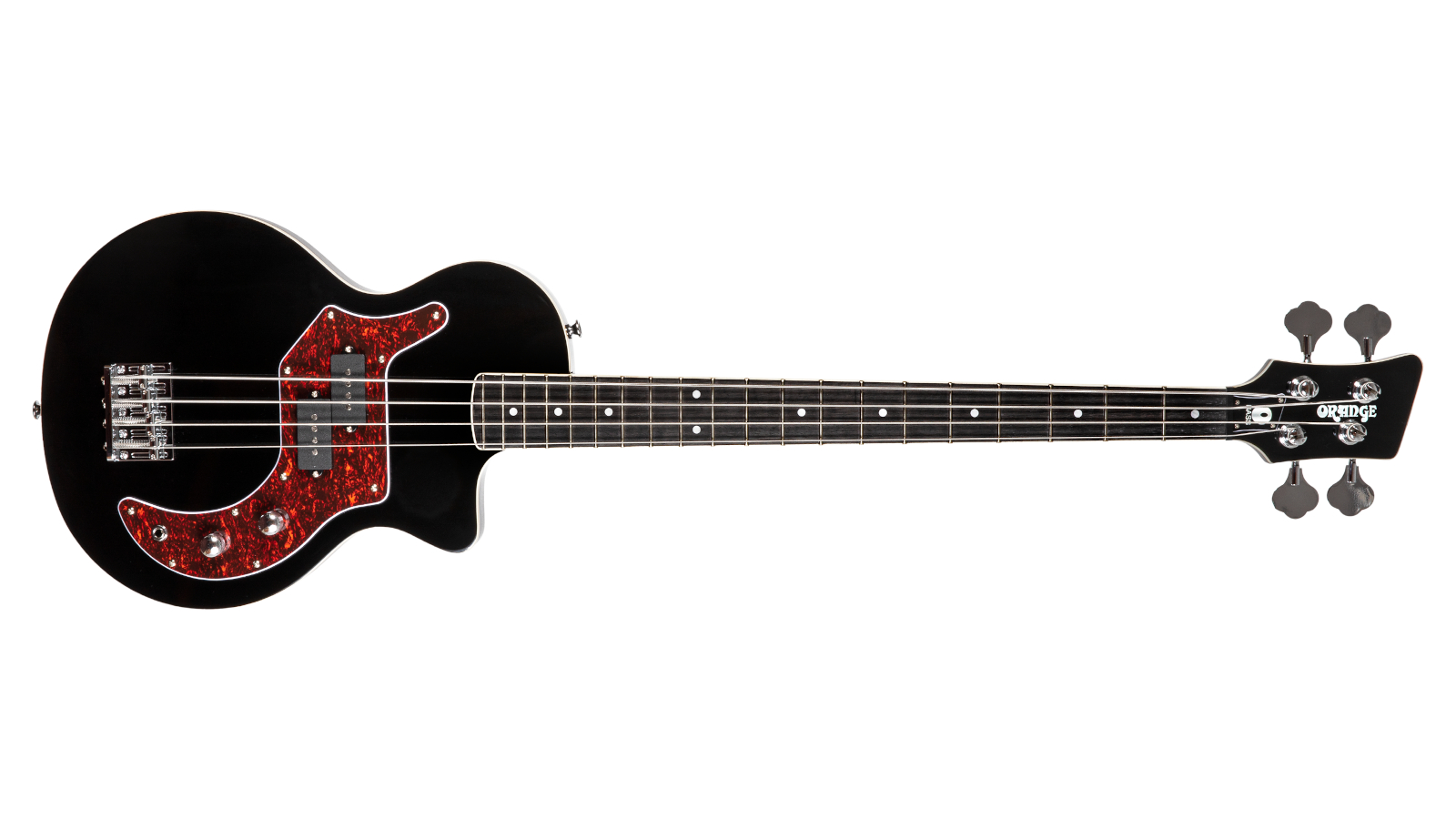
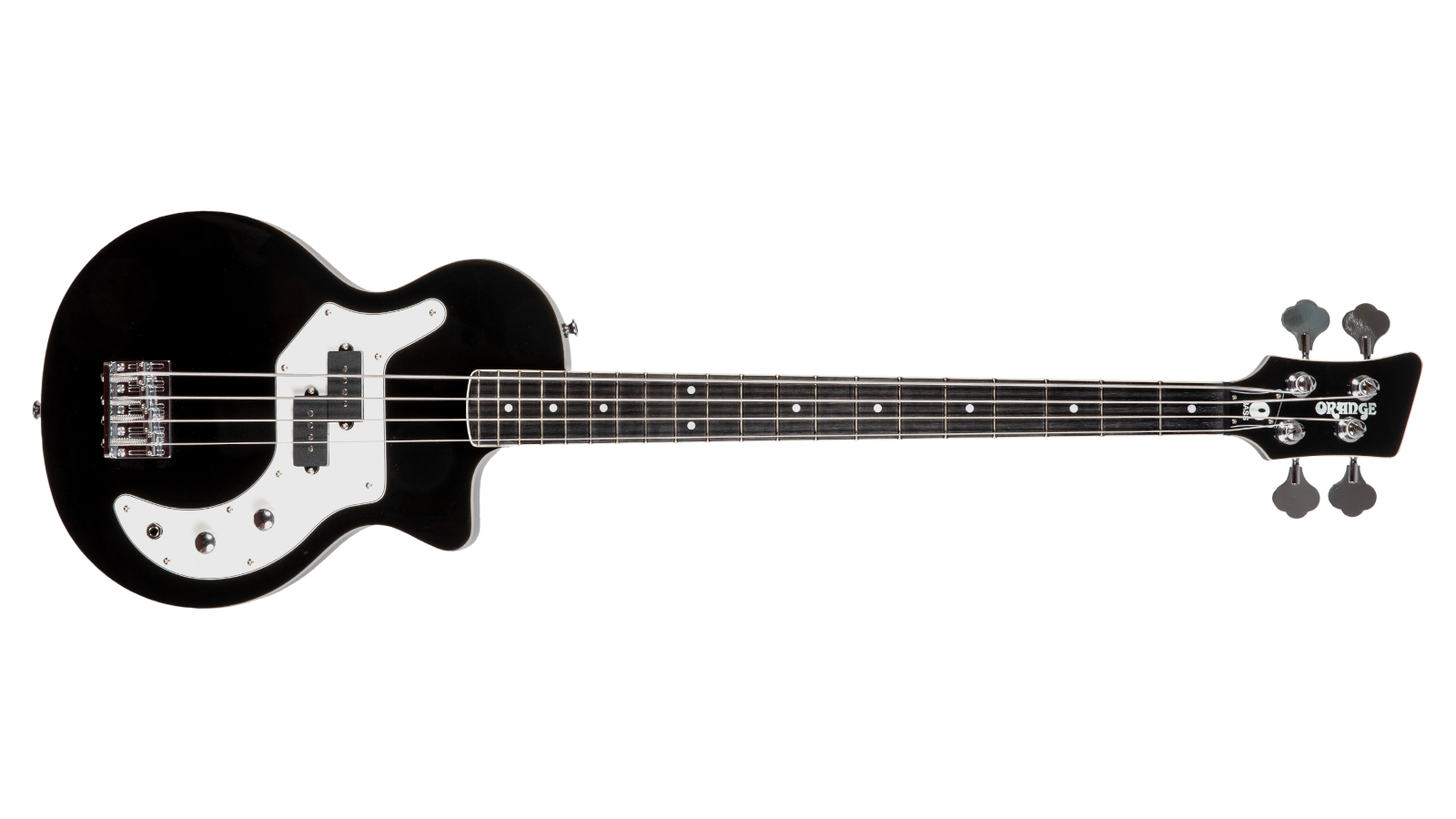
Tell us about the bridge.
It’s got a really solid, intonatable bridge that does a great job. Not everyone likes putting strings through the body, especially when it comes to bass. And I wanted to make it easy to restring.
It’s a really easy bass to use all round, and it sounds great!
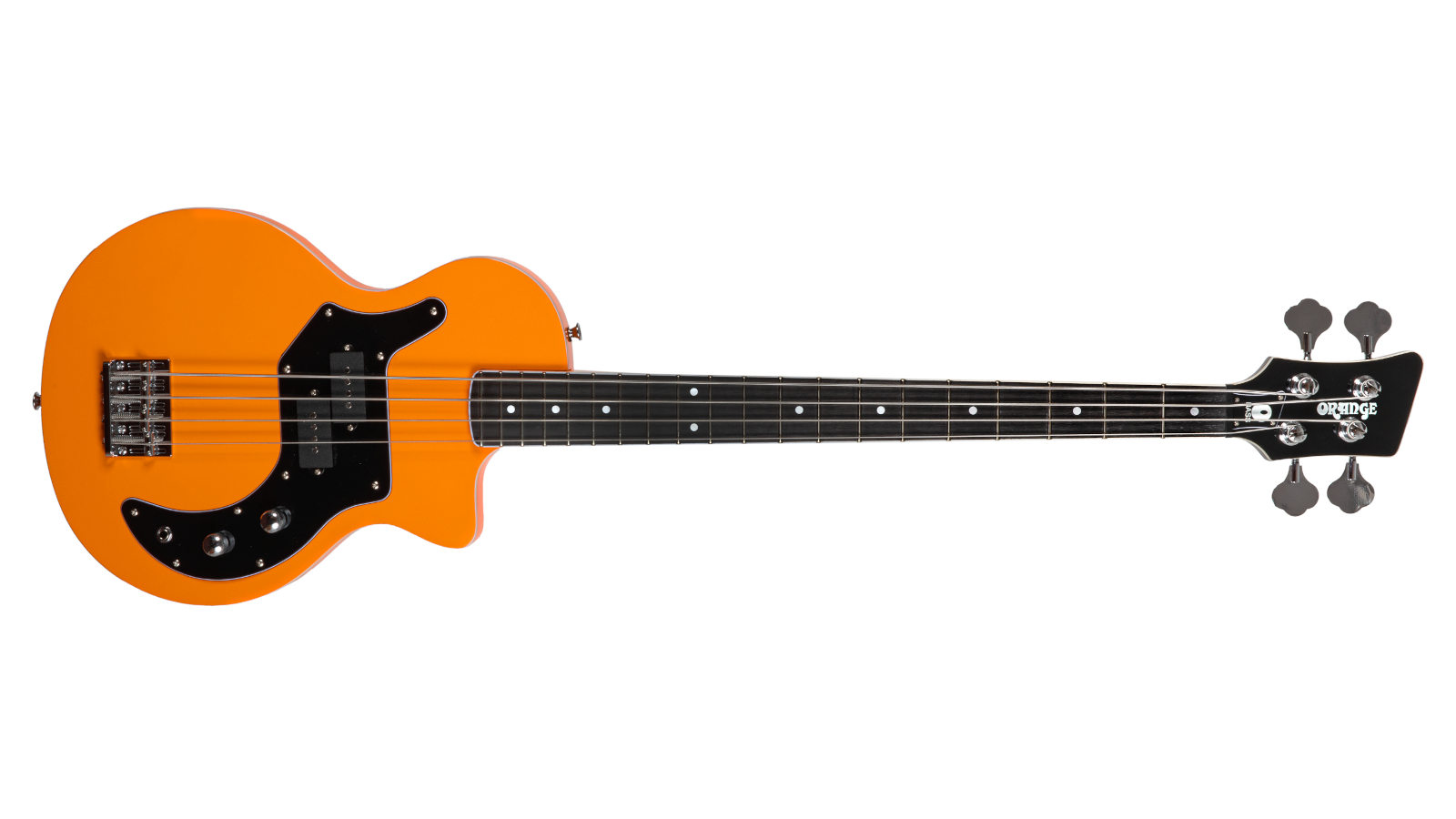
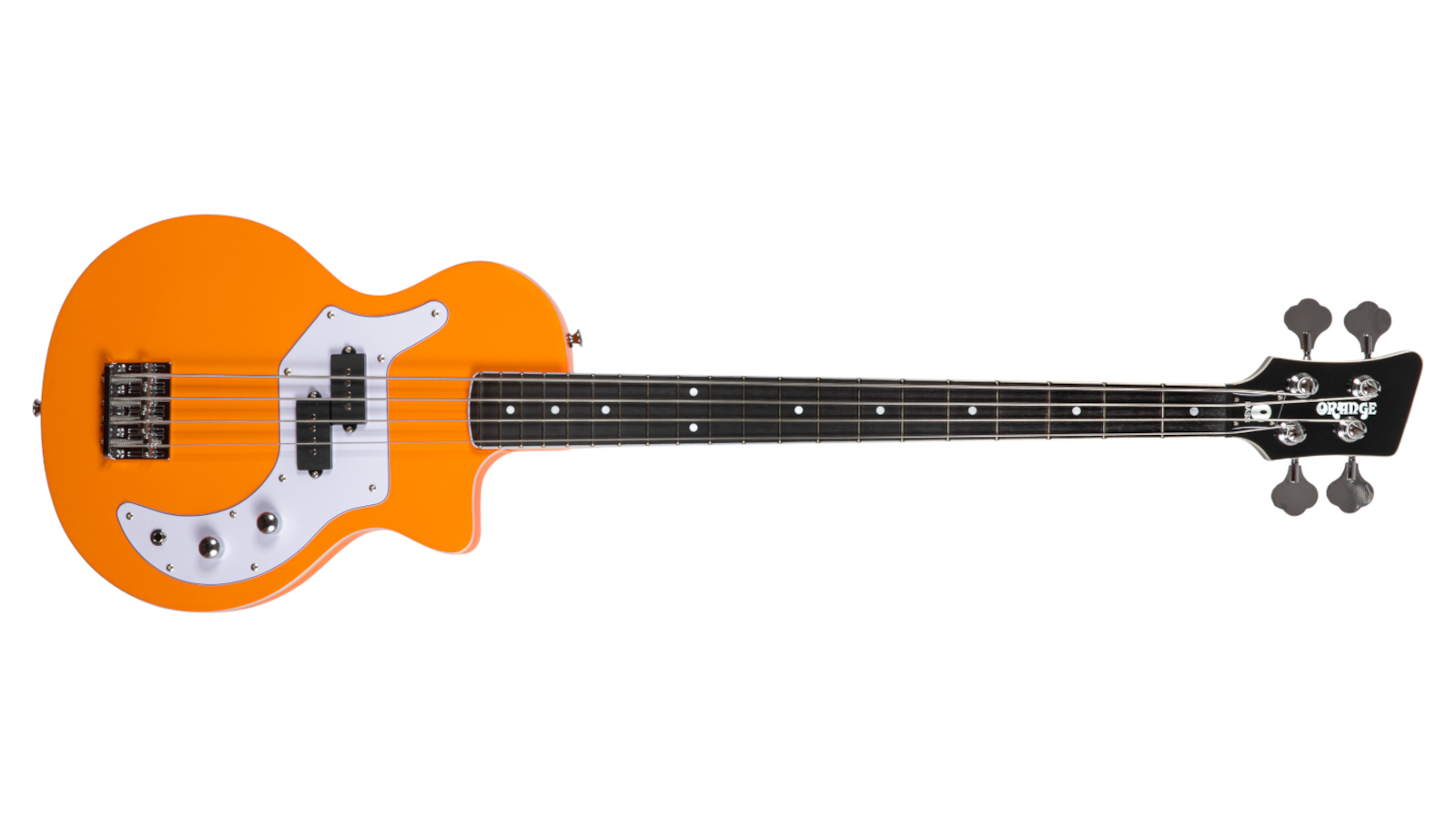
The Orange O Bass is available in the U.K. (RRP £399) and in the U.S. (street price $549).
Visit Orange for more information.
Rod Brakes is a music journalist with an expertise in guitars. Having spent many years at the coalface as a guitar dealer and tech, Rod's more recent work as a writer covering artists, industry pros and gear includes contributions for leading publications and websites such as Guitarist, Total Guitar, Guitar World, Guitar Player and MusicRadar in addition to specialist music books, blogs and social media. He is also a lifelong musician.
